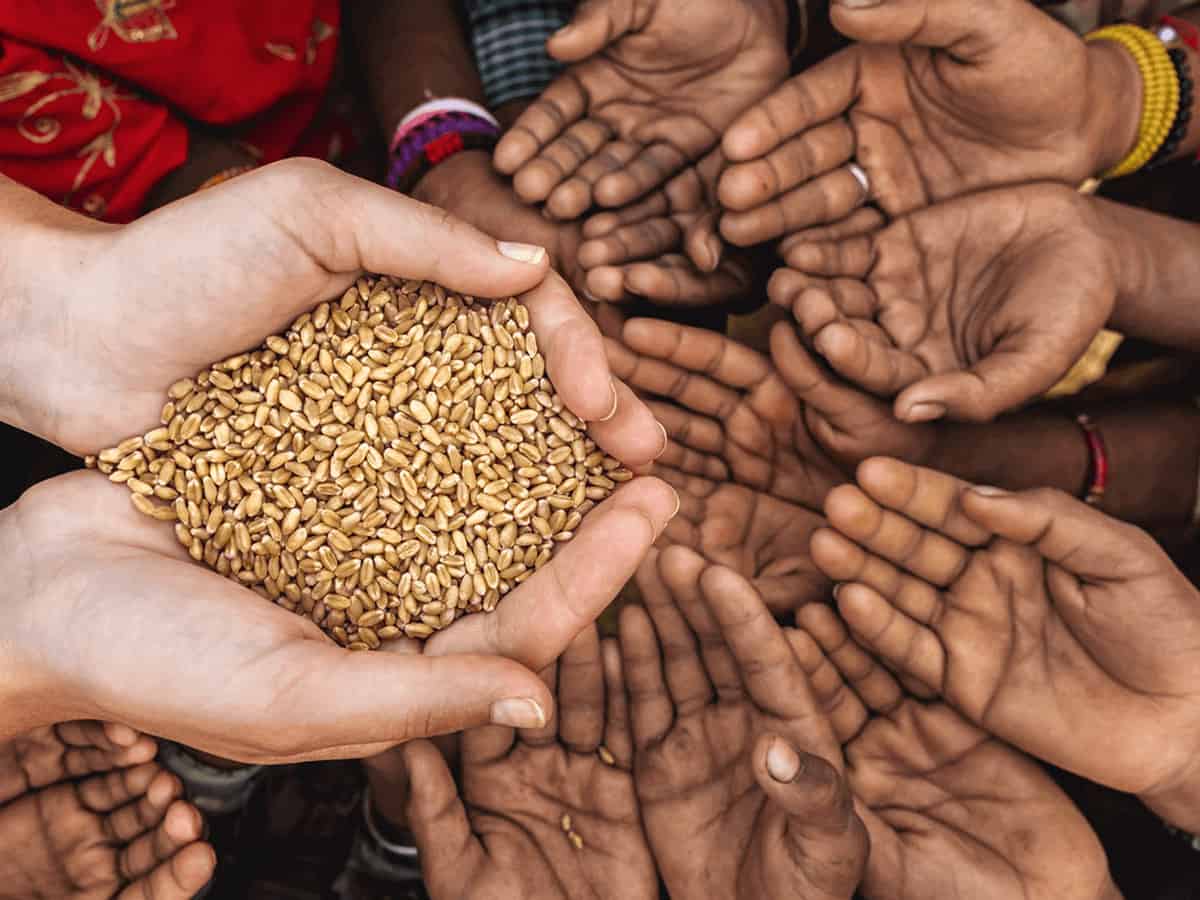
Yemen is looking for new wheat sources, but will require assistance to pay for increasingly expensive imports, informed an official and a major importer, as the World Food Programme warned of food aid cuts for millions already on the verge of famine, according to Reuters.
The disruption of global wheat supplies caused by Russia’s conflict in Ukraine and India’s unexpected wheat export restriction risk exacerbating Yemen’s famine crisis and driving up food price inflation, which has already quadrupled in certain regions of the nation in only two years.
Ukraine and Russia are both important grain exporters, and their feud has caused global wheat prices to skyrocket. 90 percent of Yemen’s food is imported.
According to the World Food Programme’s country director in Yemen, Richard Ragan, the number of people living in near-famine circumstances in the Arabian Peninsula country might grow to seven million in the second half of 2022, up from roughly five million presently.
In Yemen, where the economy has been destroyed by years of war, the UN organization feeds 13 million people a month but has cut rations for eight million of them since January. After only raising a quarter of the $2 billion it needs for Yemen this year from international donors, it may soon have to make more cuts.
Ragan said, “We’re stealing food from the poor and feeding the hungry.” “In June, we’ll have to make some difficult judgments about perhaps just feeding five million people, who are the most vulnerable.” Middle East Monitor (memo) reported.
Yemen’s grain need is roughly four million tonnes per year, and “we’re coming in at around 25% of that,” he said, adding that the World Food Programme had seen food and fuel costs rise by about $25-$30 million each month.
Yemen has enough wheat to last three months, according to the commerce minister in Aden, who also said the ministry was pushing for a $174 million Saudi assistance tranche to be used to fund crucial imports like wheat.
Saudi Arabia agreed to pay the final instalment of a deposit due in 2018 earlier this month.
“The government and importers are exploring for alternative markets to import wheat, such as Brazil and others,” Trade Minister Mohammed Al-Ashwal said. Ukraine and Russia supply 45 percent of the country’s wheat needs.
The seven-year conflict between a Saudi-led coalition and Yemen’s Iran-aligned Houthi party, which controls much of North Yemen, has resulted in a significant depreciation of the currency and a scarcity of foreign reserves.

